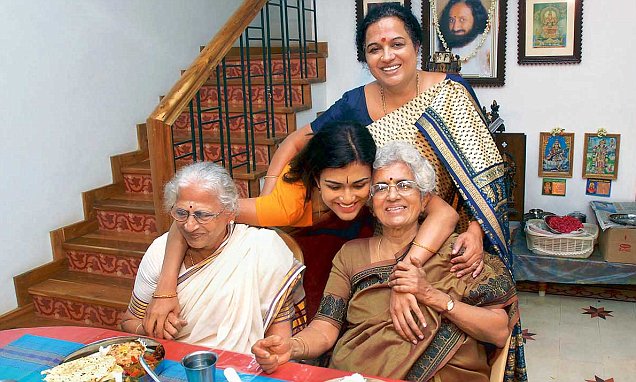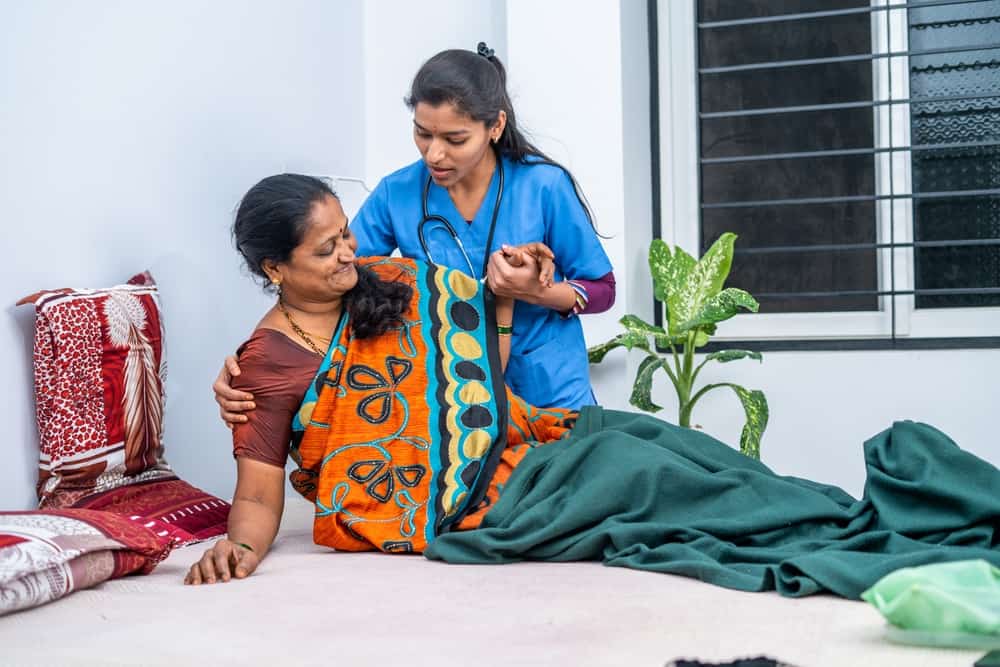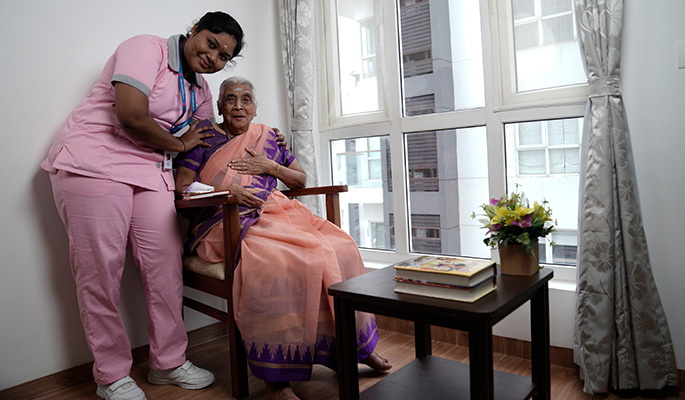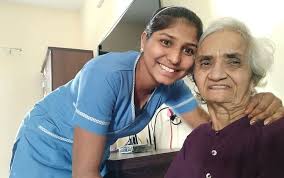In Bangladesh, as the elderly population expands and chronic illness rates rise, the demand for Skilled Nursing Facilities (SNFs) is becoming increasingly vital. These specialized care centers offer a level of medical expertise and support that goes beyond what many families can manage at home. Yet, the landscape of SNFs in Bangladesh remains nascent, requiring careful consideration for individuals seeking this specialized care.
Understanding SNFs: Unlike traditional assisted living facilities, SNFs provide 24/7 skilled nursing care by registered nurses and therapists. This care can include wound care, medication management, physical and occupational therapy, and other interventions tailored to individual needs. SNFs are often recommended for individuals recovering from surgeries, accidents, or experiencing chronic conditions that require ongoing medical supervision.
The Bangladesh Context: While several private SNFs exist in major cities like Dhaka, accessibility and affordability remain significant challenges. Many facilities cater to a higher socioeconomic bracket, leaving a gap for lower-income families struggling to find quality care for their loved ones. Additionally, a lack of standardized regulations and quality control measures can create uncertainty about the level of care provided.
Looking Ahead: Despite these challenges, the future of SNFs in Bangladesh appears promising. Government initiatives promoting senior care and growing public awareness of the need for specialized facilities are encouraging signs. Collaboration between policymakers, healthcare providers, and NGOs is crucial to expand access to affordable, high-quality SNFs across the country.
Investing in Compassion: Ultimately, skilled nursing facilities play a vital role in ensuring the well-being and dignity of Bangladesh’s most vulnerable populations. By investing in ethical, accessible, and compassionate SNFs, Bangladesh can create a future where all individuals, regardless of their background, have access to the care they deserve.





